Jimmy Carter was born on October 1, 1924. Carter served as the 39th president of the United States from 1977 to 1981. He is a member of the Democratic Party and previously served as the 76th governor of Georgia from 1971 to 1975 and as a Georgia state senator from 1963 to 1967.
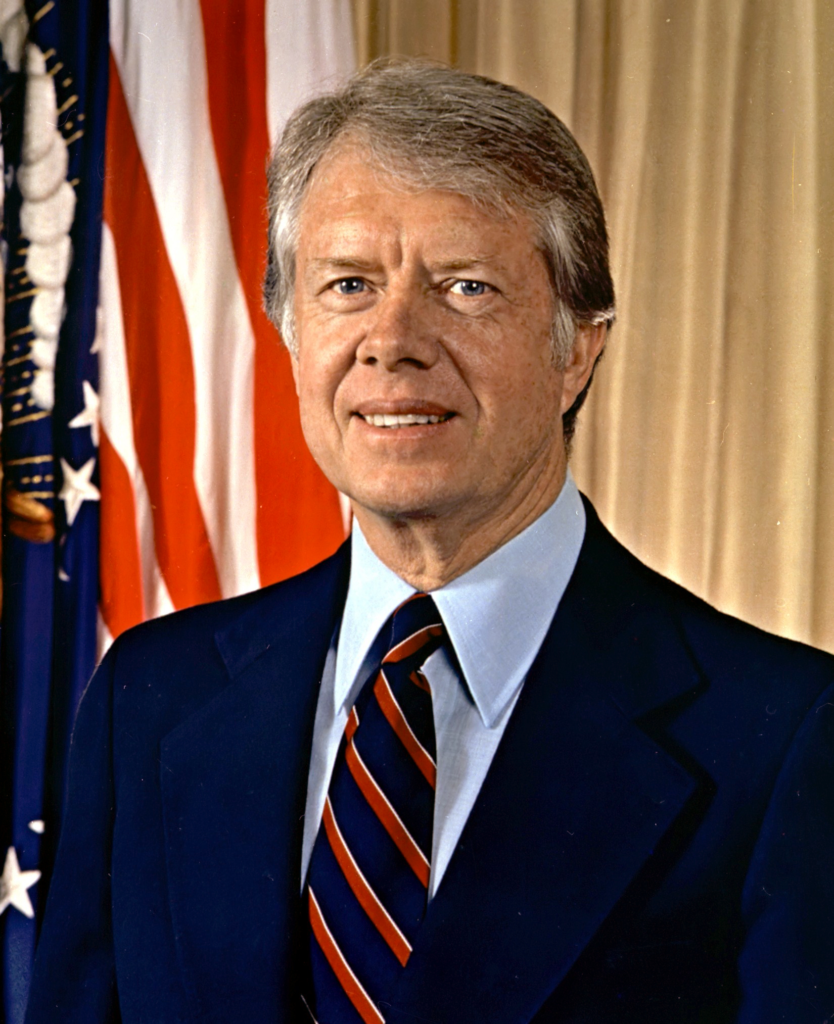
After leaving office, Carter has remained engaged in political and social projects which earned him the Nobel Peace Prize in 2002 for his humanitarian work.
Early life and Education
Born and raised in Plains, Georgia to James Earl Carter Sr. & Lillian Carter.
Jimmy Carter graduated from the United States Naval Academy in 1946 with a Bachelor of Science degree. He joined the United States Navy, serving on numerous submarines.
After the death of his father in 1953, he left his naval career and returned home to Plains, to head the family’s peanut-growing business.
Civil Rights Activist
During this period, Carter was encouraged to oppose racial segregation and support the growing civil rights movement. He became an activist within the Democratic Party.
Family life
Jimmy Carter married Rosalynn Carter in 1946. They grew up together in Plains, Georgia, before tying the knot in 1946.
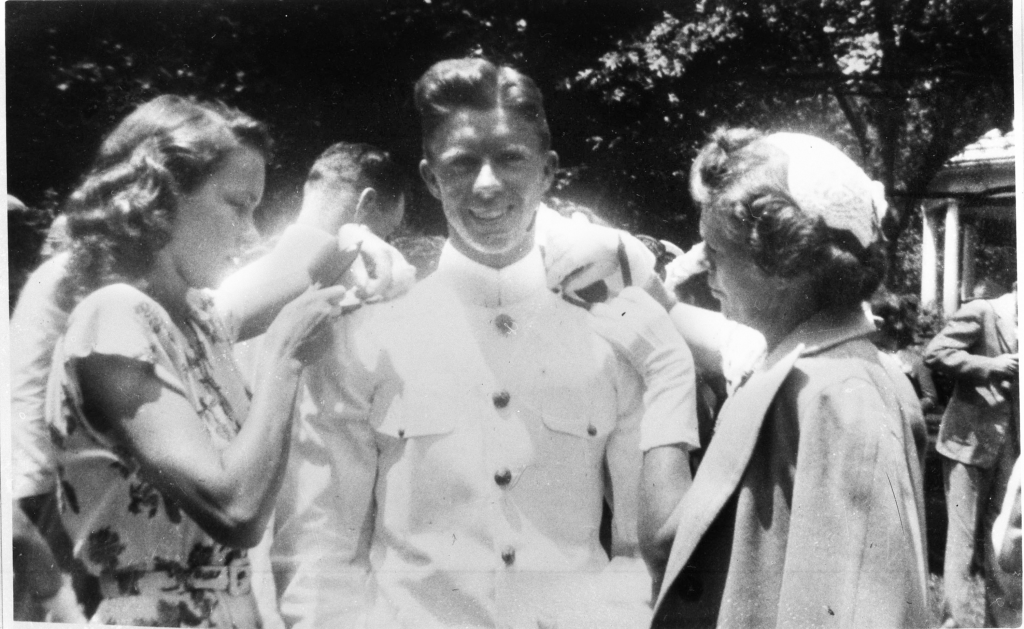
Jimmy and Rosalynn first met when he was 3 years old and she was just one day old, according to NPR. Their parents were close friends and neighbors, and Jimmy’s mother, Bessie Lillian Carter, helped deliver Rosalynn.

The two were blessed with four children: John William “Jack”, James Earl III “Chip”, Donnel Jeffrey “Jeff” and Amy Lynn.
Presidency
On December 12, 1974, he announced his candidacy for president of the United States. He won his party’s nomination on the first ballot at the 1976 Democratic National Convention, held at Madison Square Garden in New York City. He was elected president on November 2, 1976.
Jimmy Carter defeated incumbent Republican President Gerald Ford from Michigan by a narrow victory of 297 electoral college votes against Ford’s 240. Carter garnered 40,831,881 popular votes against President Ford’s 39,148,634.
White House

Following the swearing-in ceremony, Carter became the first president to walk from the Capitol to the White House in the post-ceremony parade.
Carter also requested that the traditional Inaugural luncheon, an event hosted by the Joint Congressional Inaugural Committee, be canceled.

On his second day in office, Carter pardoned all Vietnam War draft evaders by issuing Proclamation 4483. During his term, two new cabinet-level departments—the Department of Energy and the Department of Education—were established.
The economy was in a recession when Carter came to Washington. Immediately upon taking office, he declared that his primary domestic goal was to create jobs for the unemployed. At his request, Congress passed an Economic Stimulus Appropriations Act to create jobs and help the economy.
He created a national energy policy that included conservation, price control, and new technology. Carter pursued the Camp David Accords, the Panama Canal Treaties, and the second round of Strategic Arms Limitation Talks (SALT II).
ALSO READ: Who’s Running for President in Nigeria, 2023?
Campaign Missteps
Carter had a double-digit lead going into the fall, but then made a serious error. He consented to an interview in Playboy magazine, and discussed a number of personal issues. For many voters, Carter’s admission to having lusted “in his heart” was disconcerting, and Carter’s lead slipped to nothing.
The Campaign and Election of 1980
Three days after the embassy takeover in Iran, Senator Edward Kennedy of Massachusetts announced his candidacy for the Democratic presidential nomination.
Incumbents rarely face a challenge from within their own party, but Kennedy was encouraged by Carter’s weak poll ratings. When told of the Kennedy challenge, Carter snapped to reporters: “I’ll whip his ass.”Kennedy came close to defeating Carter as the party split into two wings.
The day after the president lost the New York primary, a tabloid headline brayed, “Big apple to Carter: Get Smarter!” The president limped into that summer’s convention weakened by the troubles at home and abroad, but he did have more delegates than Kennedy, and if they stuck to their pledges to vote for him, he would win the nomination.
Kennedy desperately tried to get the convention to repeal the system of pledged delegates, arguing that if delegates could vote freely, they would dump Carter. But the convention refused to change its rules and Carter won re-nomination.
To get Kennedy’s endorsement Carter was forced to make many policy concessions to the liberal senator. Much of the Democratic platform reflected Kennedy’s views, and some of it was an outright repudiation of the Carter record.
Why Carter lost to Reagan
Reagan campaigned for increased defense spending, implementation of supply-side economic policies, and a balanced budget. His campaign was aided by Democratic dissatisfaction with Carter, the Iran hostage crisis, and a worsening economy at home marked by stagflation.
Jimmy Carter Books
He is the author of thirty books, including A Full Life: Reflections at Ninety; a Call to Action: Women, Religion, Violence, and Power; An Hour Before Daylight: Memoirs of a Rural Boyhood; and Our Endangered Values: America’s Moral Crisis.
His Very Best is a fascinating book, and Alter tells Carter’s life story beautifully and with admirable fairness — he treats Carter as a real person, as flawed as anyone else, and not as a saint.
In 1982, he wrote an autobiography; Keeping Faith: Memoirs of a President.
Post-White house life
After leaving office, he remained engaged in political and social projects, establishing the Carter Center, building his presidential library, teaching at Emory University in Atlanta, and writing numerous books. He also contributed to the expansion of Habitat for Humanity, to build affordable housing.
After he left office, Carter returned to Georgia to his peanut farm, which he had placed into a blind trust during his presidency to avoid even the appearance of a conflict of interest.
Further Reading: The Inaugural Parade, and the Presidents Who Walked It
Carter was in favor of racial tolerance and integration, but often kept those feelings to himself to avoid making enemies. By 1961 he began to speak more prominently of integration as a member of the Baptist Church and chairman of the Sumter County school board.
The truth is that male religious leaders have had – and still have – an option to interpret holy teachings either to exalt or subjugate women. They have, for their own selfish ends, overwhelmingly chosen the latter – Jimmy Carter
Sickness
Carter has overcome serious health problems, including in 2015 when he was diagnosed with melanoma that had spread to his liver and brain. After treatment, doctors said he defied the odds, and Carter announced later that year that he was cancer-free
Carter underwent surgery for the liver tumor, and was treated with radiation therapy as well as four doses of pembrolizumab, which is sold by Merck as Keytruda.
Former President Jimmy Carter, who at 98 years old is the longest-lived American president, has entered home hospice care in Plains, Georgia, a statement from The Carter Center confirmed Saturday.
After a series of short hospital stays, the statement said, Carter “decided to spend his remaining time at home with his family and receive hospice care instead of additional medical intervention.”
The statement said the 39th president has the full support of his medical team and family, which “asks for privacy at this time and is grateful for the concern shown by his many admirers.”


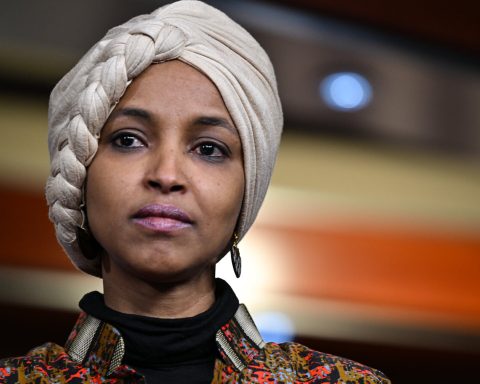
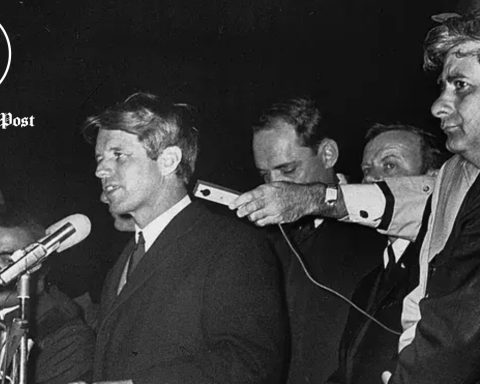

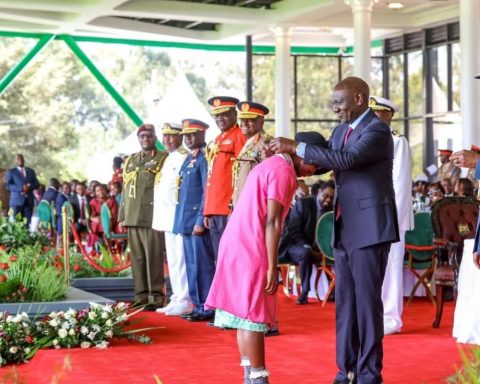
[…] Jimmy Carter,39th: The Reserved President of the US! […]
[…] ALSO READ: President Jimmy Carter […]